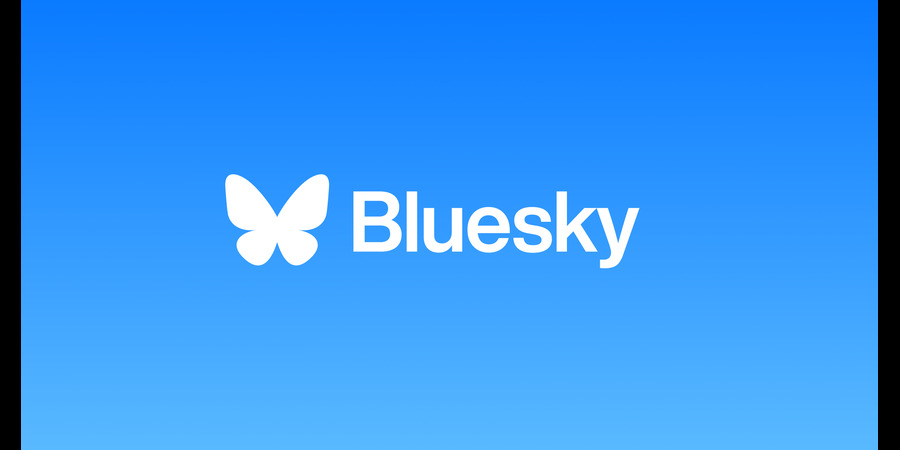Netflix’s crackdown on password sharing is now beginning to roll out to U.S. subscribers and other global markets, after a delayed launch. The streamer had originally planned to introduce “paid sharing” to U.S. subscribers in the first quarter of this year but pushed the start date back to the summer, after seeing cancellations in markets where it had already launched the changes. Under the new rules, U.S. subscribers will have to either kick people off their Netflix account or pay $7.99/month for an additional membership for those outside their main household.
Similar changes will roll out to dozens of global markets in the coming weeks and months.
The company offers tools to make this transition easier, including a way for current subscribers to view which devices are signed into their account and remove those that shouldn’t have access, as well as tools to reset their password.
For those sharing someone else’s Netflix account, they can make the transition to an account of their own through a “Transfer Profile” option that will help them to relocate their existing account information, including their viewing history and watchlist.
The feature has been met with much consumer backlash, but Netflix assured investors that despite some early cancellations, it believes the password crackdown will be beneficial to its long-term growth as a business and to its financial health.
During its first-quarter earnings, for instance, Netflix co-CEO Greg Peters said the results of the password crackdown in its first supported markets looked much like how subscribers reacted to price increases.
“We see an initial cancel reaction and then we build out of that, both in terms of membership and revenue as borrowers sign up for their own Netflix accounts and existing members purchase that extra member facility for folks that they want to share with,” Peters told investors on the earning call in April. “So, first of all, it was a strong validation to see consistent results in these new countries, because there are different market characteristics different from each other and also different from the original Latin American rollout countries,” he added.
Netflix had first begun testing the feature in Latin American markets before expanding access to Canada, New Zealand, Portugal, and Spain earlier this year. With today’s launch, it will reach a broader set of global markets, including Brazil, Bolivia, Belize, France, Germany, Iceland, Ireland, Italy, the Philippines, Malaysia, Israel, Thailand, Taiwan, Switzerland, Sweden, and others.
The company may have delayed the crackdown in Q1, as it didn’t want to impact its net adds even further. The company last quarter reported a net increase of 1.75 million global subscribers in the quarter, which fell below Wall Street’s estimates of 3 million, reaching a total of 232.5 million accounts globally.
It also shared during earnings that it planned to roll out the password-sharing changes to U.S. subscribers “on or before” June 30. It seems Netflix was able to shift up the timing a bit.
Today, Netflix announced on its blog that it’s sending out an email to those members in the U.S. who are sharing their Netflix account.
“A Netflix account is for use by one household,” the company admonishes. “Everyone living in that household can use Netflix wherever they are — at home, on the go, on holiday — and take advantage of new features like Transfer Profile and Manage Access and Devices,” the post reads.
The email itself, titled “An update on sharing,” simply details the available options and points members to further help documentation, if needed.
In an email sent to press, Netflix clarifies the email is being sent because it’s “now starting to roll out updates to sharing to countries around the world, including the U.S.”
Though earlier tests indicated Netflix may rebound after a password crackdown, it has yet to see the results of doing so in its largest and most significant market, the U.S., where it faces increased competition for users’ time and money.
The timing of the launch announcement is notable, as today HBO Max is transforming into Max, a new service that combines HBO and Discovery+ content under one roof, roughly doubling the available amount of programming. Next month on June 27, Paramount+ will also add Showtime to its service as well. Meanwhile, Disney said it plans to combine Disney+ and Hulu into one app. Though some changes may come with price increases, they also deliver more content to subscribers. Netflix, meanwhile, is asking viewers to pay more for the same amount.
Updated, 4:45 PM ET with a longer list of countries where the password sharing crackdown is rolling out.
Source @TechCrunch



